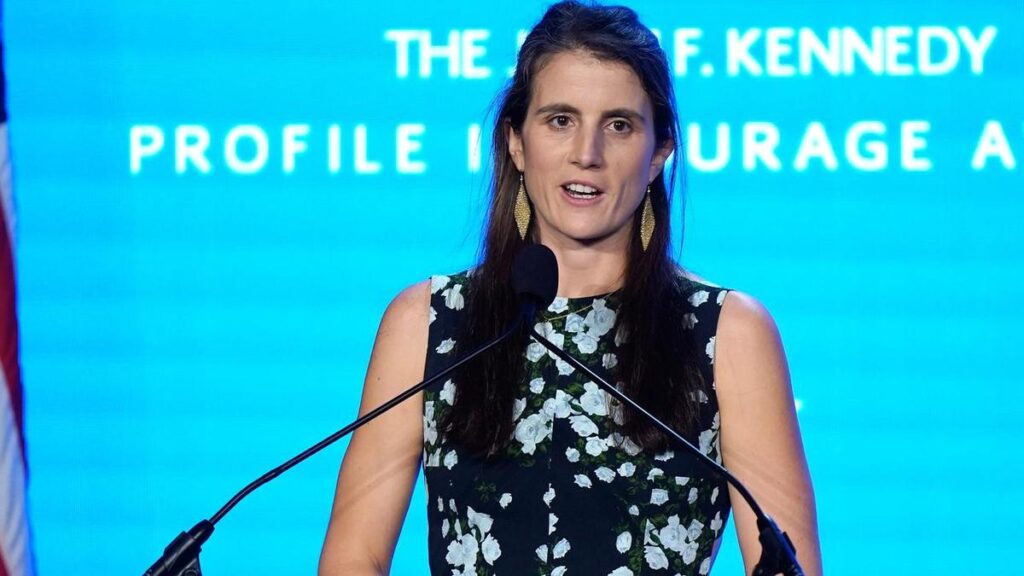
Tatiana Schlossberg, the granddaughter of former US President John F. Kennedy, has announced that she is battling terminal cancer. In a candid essay published in The New Yorker, Schlossberg revealed she was diagnosed with acute myeloid leukemia in May 2024, shortly after the birth of her second child. The diagnosis came when her doctor detected a high white blood cell count, leading to further examinations that identified a rare mutation typically found in older adults.
Schlossberg, the daughter of former US ambassador to Australia Caroline Kennedy and Edwin Schlossberg, shared the emotional impact of her diagnosis. She has undergone multiple rounds of chemotherapy and two stem cell transplants, the first utilizing cells from her sister and the subsequent procedure involving an unrelated donor. In her essay, she reflected on the harsh prognosis given by her doctor: “he could keep me alive for a year, maybe.”
Impact of Political Decisions
During her treatment, Schlossberg observed the political landscape shifting around her. She noted that her cousin, Robert F. Kennedy Jr., has gained national attention as he runs for president while also serving as President Donald Trump’s former Health and Human Services Secretary. Schlossberg expressed concern that some of his policies could negatively affect cancer patients like herself.
She highlighted a specific instance where she felt personally impacted by political decisions. “As I spent more and more of my life under the care of doctors, nurses, and researchers striving to improve the lives of others, I watched as Bobby cut nearly a half billion dollars for research into mRNA vaccines, technology that could be used against certain cancers,” she wrote. This statement emphasizes the intersection of health and politics, revealing how public policies can influence medical research and patient care.
Schlossberg’s essay was published on the 62nd anniversary of her grandfather’s assassination, adding a poignant layer to her reflections on family and legacy.
Personal Reflections and Family Dynamics
The emotional weight of her diagnosis is felt not just by Schlossberg but also by her family. She expressed deep fears about her children’s memories of her, lamenting that her daughter and son may not remember their mother. “I feel cheated and sad that I won’t get to keep living ‘the wonderful life’ I had with my husband, George Moran,” she wrote.
As her family attempts to shield her from their own pain, Schlossberg candidly shared her awareness of their struggles. “For my whole life, I have tried to be good, to be a good student and a good sister and a good daughter, and to protect my mother and never make her upset or angry. Now I have added a new tragedy to her life, to our family’s life, and there’s nothing I can do to stop it,” she stated.
Schlossberg’s essay serves as a powerful reminder of the personal battles faced by those living with terminal illnesses, framed within the broader context of familial love and societal responsibilities. Her story resonates as a testament to resilience, while also calling for greater awareness and compassion towards individuals battling similar health challenges.






